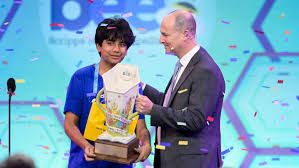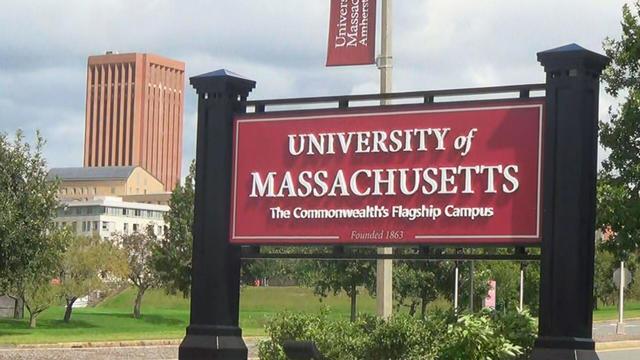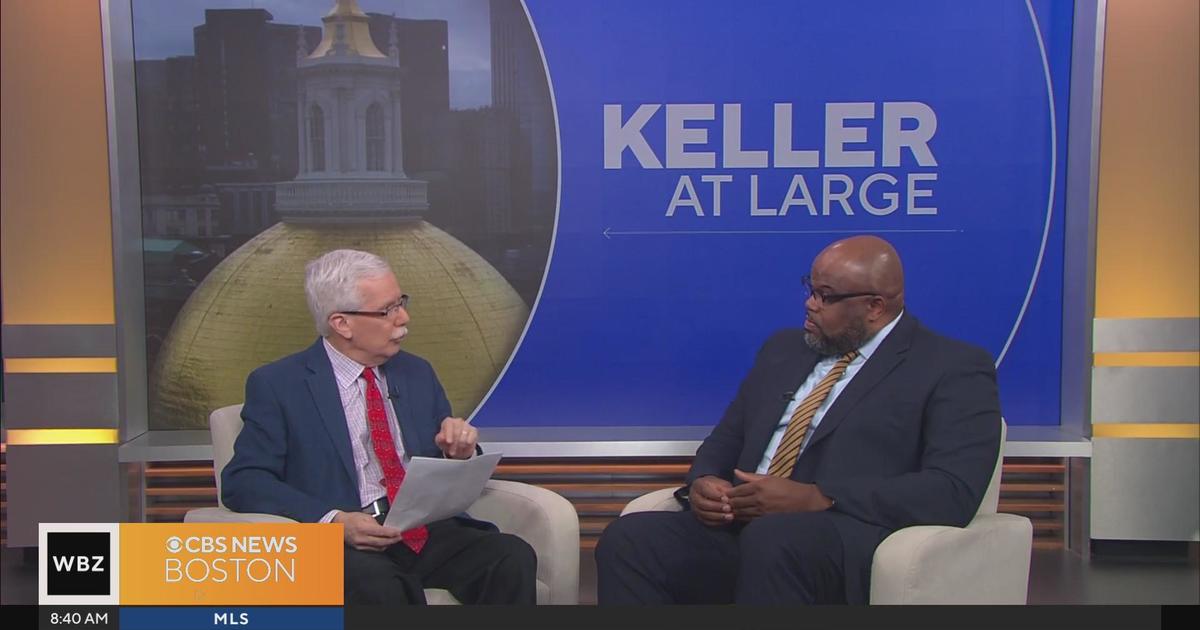Winning National Spelling Bee – Every year, the National Spelling Bee captivates audiences around the world with its display of linguistic prowess and intellectual acumen. As young spellers take the stage to tackle words that challenge even the most seasoned wordsmiths, viewers at home hold their breath, eager to witness the triumphs and occasional stumbles that accompany this high-stakes competition. In this article, we delve into the history of the National Spelling Bee and explore some of the most memorable winning words from years past. So, grab your dictionary and get ready to put your spelling skills to the test!
The History of the National Spelling Bee
The National Spelling Bee, also known as the Scripps National Spelling Bee, traces its roots back to 1925 when it was first organized by the Louisville Courier-Journal newspaper in Kentucky. Over the years, the competition has grown in size and scope, attracting spellers from across the United States and beyond. In 1941, the Bee was taken over by the Scripps Howard newspaper chain, which continues to sponsor the event to this day.
How the Bee Works
Each year, thousands of students participate in local and regional spelling bees, with the winners advancing to the national stage. The final rounds of the National Spelling Bee are televised live, drawing millions of viewers who tune in to watch the drama unfold. Contestants are challenged to spell increasingly difficult words, with the last speller standing crowned as the champion.
Memorable Winning Words
Over the years, the National Spelling Bee has produced its fair share of memorable winning words—terms that have left audiences in awe of the contestants’ linguistic prowess. Here are just a few examples:
- Succedaneum (1961): This word, which means a substitute or replacement, tripped up many spellers during the 1961 competition but was successfully spelled by eventual co-champion John Capehart.
- Esquamulose (1962): Co-champion Nettie Crawford successfully spelled this word, which means without scales or scurfiness, to claim victory in the 1962 Bee.
- Smaragdine (1961): In a rare tie, John Capehart and John Paola both correctly spelled this word, which refers to emerald green, to share the title of co-champion in 1961.
- Albumen (1928): Winning word for Betty Robinson, the first female Olympic gold medalist in track and field.
- Laodicean (1997): Winning word for Rebecca Sealfon, who famously chanted each letter aloud as she spelled it.
- Ursprache (1985): Winning word for Balu Natarajan, the first Indian-American to win the National Spelling Bee.
- Guetapens (1939): Winning word for the only three-time champion, Frank Neuhauser.
- Logorrhea (1975): Winning word for Hugh Tosteson, who later became a professor of surgery at Harvard Medical School.
Can You Spell These Winning Words?
Now that we’ve explored some of the most memorable winning words from National Spelling Bee history, it’s time to put your spelling skills to the test. Can you spell these championship words correctly? Give it a try:
- Succedaneum
- Esquamulose
- Smaragdine
- Albumen
- Laodicean
- Ursprache
- Guetapens
- Logorrhea
Whether you aced the spelling quiz or stumbled over a word or two, one thing is clear: the National Spelling Bee continues to captivate audiences and inspire young spellers to reach for the stars. As we celebrate the linguistic achievements of past champions and cheer on the contestants of today, let us revel in the power of words to unite, educate, and inspire us all.




